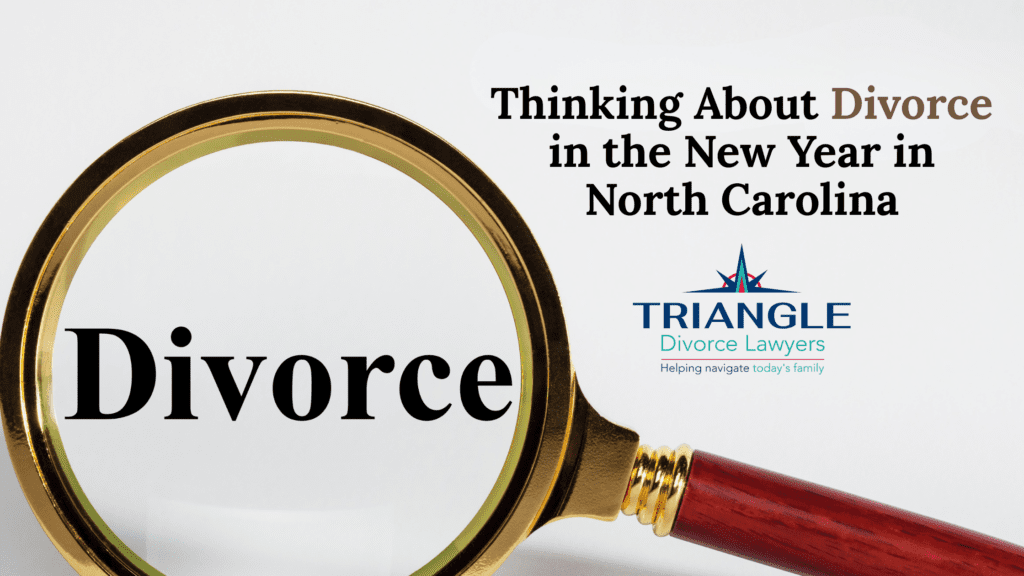During divorce, many people have questions about how the separation will impact their ability to receive survivor benefits, including pensions and Social Security. For someone who may have relied on disability or Social Security to supplement the family income, it is vital that you sort the logistics of how divorce may impact this cash flow. Of course, the answer is not a one-size-fits-all, but here are some things to consider no matter your situation.
Pensions
A pension is part of a couple’s assets; couples will divide it at the time of divorce as part of the property settlement. You’ll hear the term “quadro,” which is a way of saying QDRO, an abbreviation for Qualified Domestic Relations Order. That form will allow you to take money from the retirement account without taxation. You might receive payments even after your partner’s death, but some state, city, county, or town retirement plans will not pay benefits to ex-spouses.
Social Security
Divorce outright does not necessarily affect the chances that you qualify for part of your partner’s Social Security benefits. What does matter: the length of your marriage and your age.
Social Security Disability Insurance
If your spouse receives SSDI, you may be eligible to receive some of that after his death. You are only eligible to receive survivor benefits if your ex-spouse was receiving Social Security benefits at the time of his death and if you had been married for 10 or more years.
Additionally, you must have:
- Remained unmarried until age 60 (50 if you are also disabled)
- Be 62 years of age or older, have been disabled between ages 50 and 60
- Or, still be the caregiver of your ex-spouse’s disabled child if they are under the age of 16
There is a lot more to know about this, and you may have other accounts to consider. Reach out to one of our divorce professionals to schedule a consultation, or visit one of our divorce workshops, held on the second Saturday of each month.





